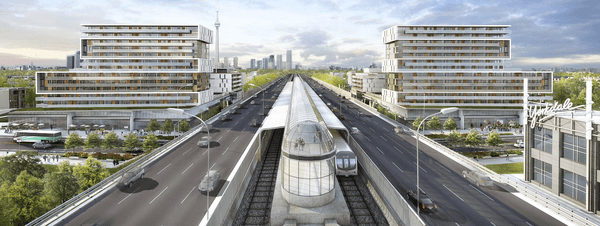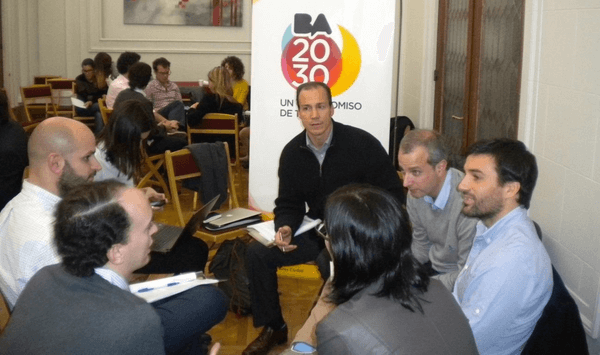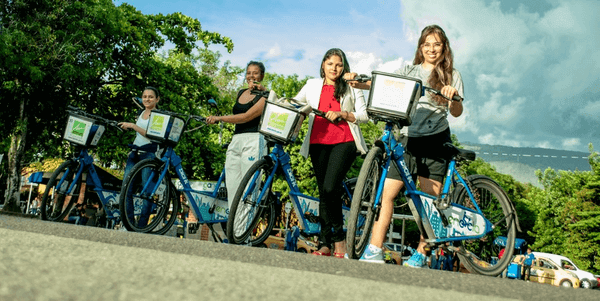City
London
Main actors
NGO / Philanthropy, Community / Citizen Group
Project area
Metropolitan Area
Duration
Ongoing since 2014
A charity organisation providing services to residents in East London to foster their integration.
OSCA is an innovative charity organisation running free services for residents in East London. The organisation's aim is to provide support services for the Somali community in the East End of London to access opportunities, strengthen relationship with mainstream service providers to create social changes.
Their mission is to help the Somali community become more self-confident, healthier and economically stronger by tackling inequality and promoting unity. They help the Somali community to become better skilled both educationally and professionally enabling improved integration into wider society.
Principles governing OSCA's activities include:
- Providing free confidential advice, supporting services and information to their users.
- Committing to their equal opportunity policy and procedures.
- Seeking user feedback, their views and endeavour to listen and learn from them to improve their services.
- Taking up all social issues within their community.
On Map
The Map will be displayed after accepting cookie policy


